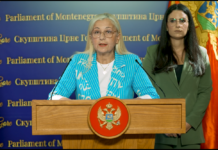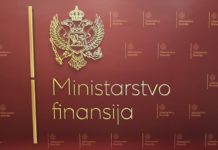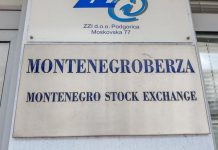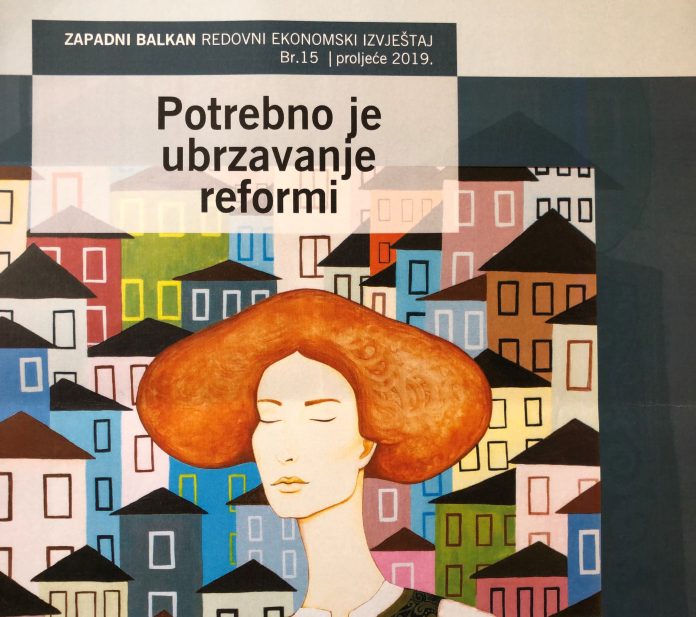Podgorica, (MINA-BUSINESS) – The World Bank (WB) believes that emerging domestic risks to Montenegro’s economy include an increasing political uncertainty, further motorway cost overruns, the vulnerability of some smaller banks, and possible pressures on public spending in the run-up to the 2020 elections.
“Mitigating these risks will require the government’s firm commitment to the fiscal consolidation plan and the implementation of critical structural reforms in the labor market, social sectors, and public administration,” says the Western Balkans Regular Economic Report presented this week by the World Bank.
The WB argues that it will also be necessary to reinforce the public institutions that enforce fair market competition to ensure that no one benefits from special treatment which would force entrepreneurs to compete by innovating.
“This will not only mitigate the risks but also help unleash private sector-led growth in Montenegro,” says the Report.
The WB expects that the Montenegrin economy will grow on average by 2.7 percent this and next year.
“Growth is expected to slow in 2019/20 as private investment levels off after the strong increase in 2018 and with a gradual phasing-out of large infrastructure projects, such as the submarine electricity transmission cable between Montenegro and Italy and the first phase of the Bar-Boljare highway,” the WB says.
Consumption and employment are expected to moderate somewhat in 2019 due to the impact of fiscal consolidation and the implementation of the government’s ambitious plan to reduce public administration staff.
“The growth slowdown will also be in part a response to the political and overall uncertainty weighing on consumption and investments,” the WB says.
External imbalances are projected to moderate gradually in 2020 as investment-dependent infrastructure projects are finalized.
“Though the outlook is generally positive, there are significant downside risks. Among external factors that could affect Montenegro are weaker growth in the EU, tightening of financial markets, and a heightening of trade tensions,” the Report says.
According to the World Bank’s projections, Montenegrin economy grew by 4.4 percent last year, supported by investments, net exports and consumption. The economy is expected to grow by 2.9 percent next year and by 2.4 percent in 2020. Longer version of article is available on a link MINA ENGLISH SERVIS
























